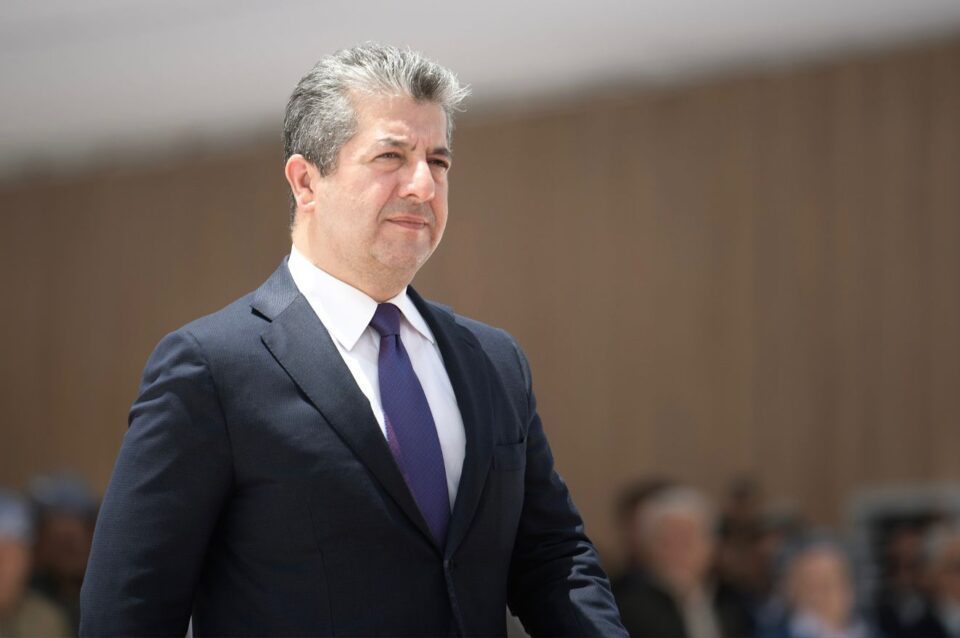KRG’s strategic negotiations secure Kurdistan’s rights in the federal budget, preventing erosion of regional autonomy and resource control.
From the end of last year until the approval of the federal budget, some individuals and parties had been targeting the constitutional entity of the Kurdistan Region, attempting to have Baghdad treat it like other provinces. However, due to the persistence of Masrour Barzani, Prime Minister of the Kurdistan Regional Government (KRG), in preserving the region’s entity and securing the rights of its citizens in the federal budget, these attempts were foiled.
Since the beginning of his tenure as head of the ninth cabinet, PM Barzani has been seeking an agreement with the federal government. Immediately after taking office, he visited Baghdad and presented an initiative to then-Iraqi Prime Minister Adil Abdul-Mahdi to resolve issues between Erbil and Baghdad. However, due to protests, Abdul-Mahdi resigned, and the caretaker government was unable to sign any agreements with the region.
Subsequently, at various junctures, the Prime Minister reaffirmed the constitutional rights of the Kurdistan Region to ensure its political entity would not be threatened under any pressure.
Dilshad Jalal Kamil, a political analyst, told The Kurdish Globe: “Just six days after taking office and receiving a vote of confidence from the Kurdistan Parliament, the Prime Minister visited Baghdad. There, he expressed the KRG’s goodwill and readiness for a comprehensive and balanced agreement based on the constitution to the Iraqi government and political parties.” He added, “One of the most significant achievements of the KRG’s ninth cabinet is that it left no political or legal excuses for Baghdad or Iraqi political parties to oppose the Kurdistan Region under the pretext of its unwillingness to reach an agreement.”
Regarding the federal budget bill, the analyst noted that the KRG handled the budget agreement both wisely and firmly. He stated, “On one hand, it didn’t allow opponents of Kurdistan to use excuses to act against the interests and rights of the Kurdish people. On the other hand, it didn’t submit to any agenda attempting to impose its will on the Kurdistan Region in the name of budget and the region’s share.”
The Erbil-Baghdad agreement on the legal framework of the 2021 federal budget was a significant achievement. Through this agreement, many dangerous agendas were nullified due to the insistence of the KRG Prime Minister.
The analyst highlighted several risks to Kurdistan that were averted at the Iraqi level. These included preventing the handover of the oil and natural resources dossier to any party other than the KRG, ensuring the budget issue didn’t replace other vital matters such as Kurdistan’s identity and position in Iraq, the fate of Kurdish areas outside the region’s administration, and other national issues. The passage of the Federal Court Act was also prevented in its planned form, which would have created a state governed by religious jurisprudence in Iraq. This prevention was crucial, as the act’s passage had been linked to the adoption of the Iraqi budget bill.
At the domestic level, Kamil believes that attempts by some parties to pressure the KRG into hastily agreeing with Baghdad were thwarted. Similarly, it defeated efforts and agendas aiming to have provinces deal directly with Iraq, preventing the Iraqi government from conducting financial transactions directly with Kurdistan’s provinces in case of disagreement.
The Kurdish Globe

